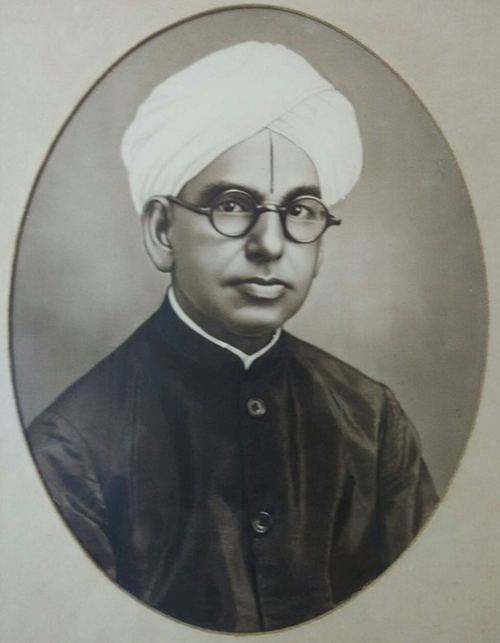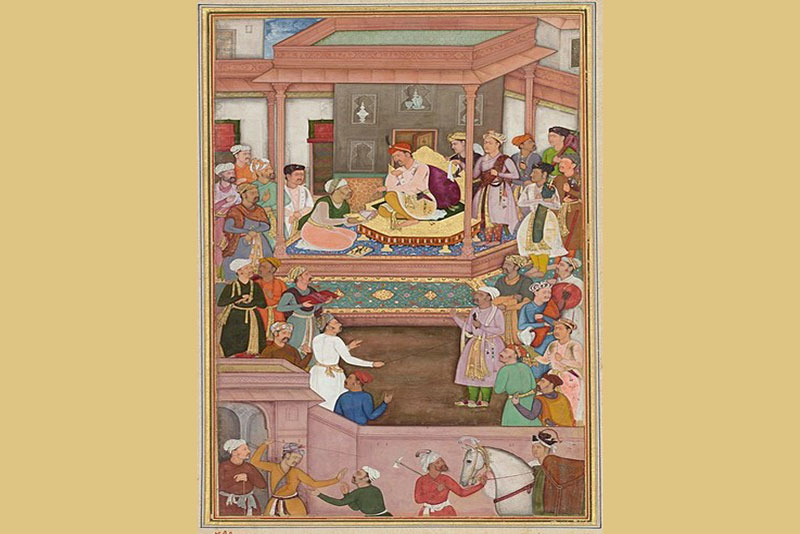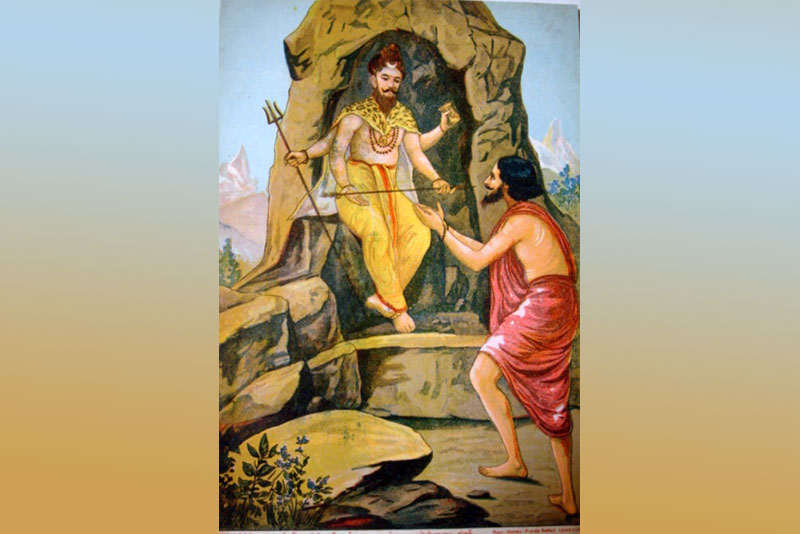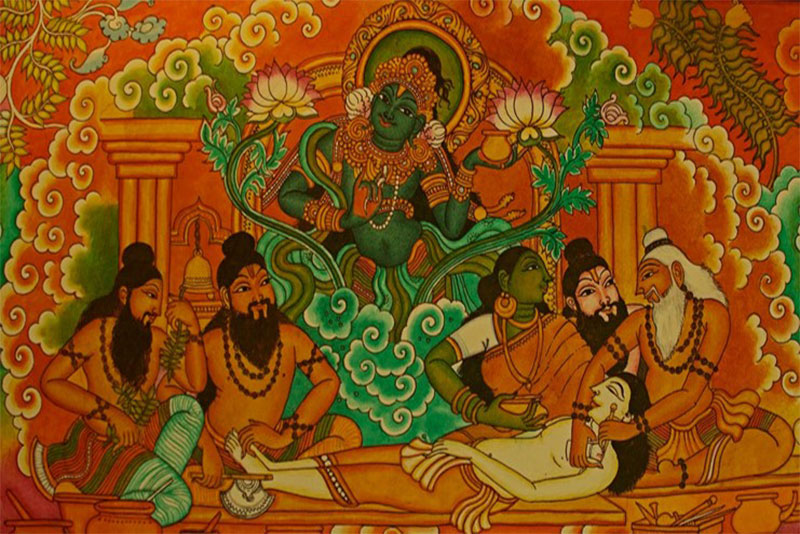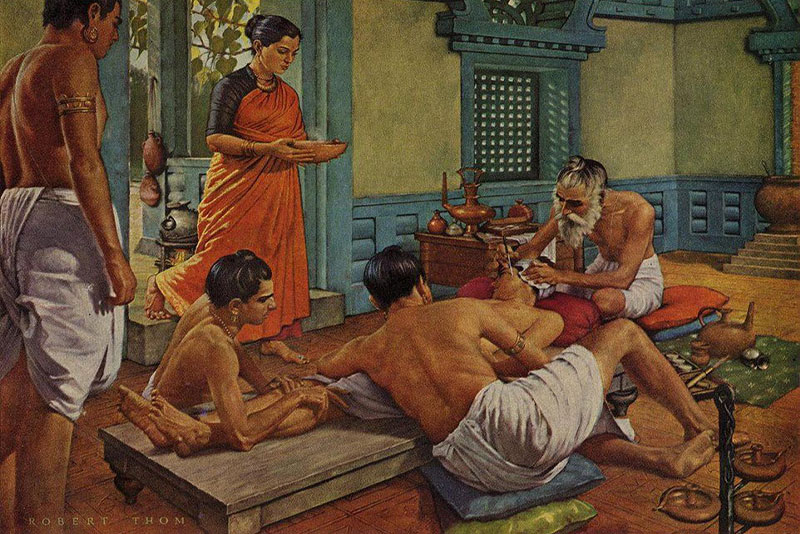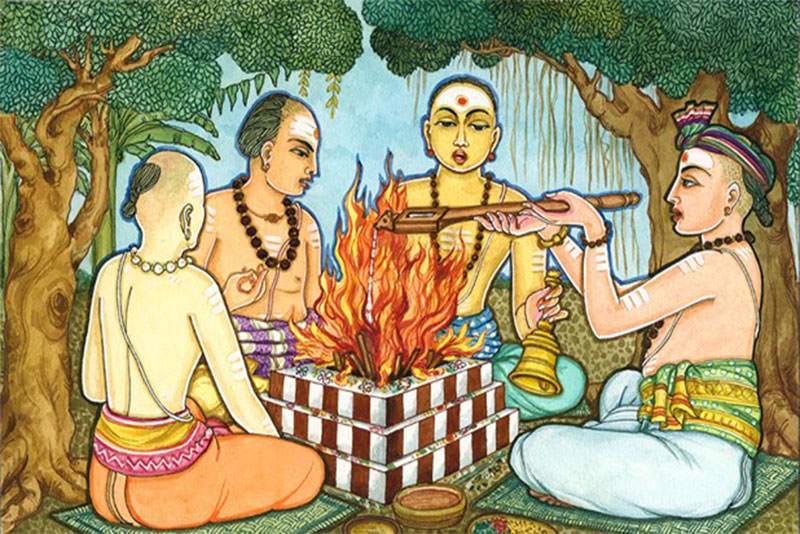An Ayurvedic doctor more holistic healer than medicine man, a Sanskrit scholar who spoke the ancient tongue with ease, a polyglot who juggled languages with abandon, a commentator and translator who made our heritage available to the common man, a teacher who imparted knowledge with passion, an ardent lover of literature and the fine arts, a devout explorer in the realms of Sanatana dharma, a man of letters, a poet, an actor, a polymath, a titan. He was Pandit Duraiswami Aiyangar. To know about him is to acknowledge and understand the breadth and depth of the human potential we all possess, but only the rarest of rare are destined to maximize.
A peep into his life reveals the ingredients that went towards the making of this man. His was a saga of deprivation, struggles, and hardships almost from infancy. Yet, armed with nothing but his own grit and resolve, this orphan from an unknown village transformed his life into an inspirational journey sprinkled with innumerable milestones. That’s because this immensely optimistic genius never viewed problems as pitfalls. He only saw every hardship as a challenge to be overcome. And while chance seemed to play an immense role in his evolution, one can never overlook his complete dedication, immense discipline, and single-minded focus at whatever task he undertook.
And then there was his unquenchable thirst for knowledge. His was a voyage into the unknown, following “knowledge like a sinking star, to the utmost bound of human thought.” (Ulysses, Alfred Lord Tennyson). Nothing was too insignificant, nothing too magnificent. If he met an idea, he had to befriend it, follow it through its labyrinthine course, until he reached a destination that satisfied him. Hence whether it was the sciences or humanities, music or philosophy, all were grist for Pandit Duraiswami’s mill. And he pounced on each new thought with the glee of a child.
Along with these were the human contradictions that made him so interesting. He was steeped in ancient scriptures and the study of Sanskrit. Yet all by himself he learned, read, and wrote in English with immense ease. He was a staunch exponent of Ayurveda, yet often consulted Allopathic doctors and had a very amicable relationship with them. Extravagant in his dreams, he was frugality itself in daily life.
But through all of this, what radiated was an intellect that blazed forth like the ancients, a character wedded to learning, a life dedicated to exploration. The entire universe of ideas was his stage and when he ascended it, he played every part to perfection.
He was an unsung, unheralded hero. Of such as him, Thomas Gray, in the poem, Elegy Written in a Country Churchyard had said,
“Full many a gem of purest ray serene,
The dark unfathomed caves of ocean bear:
Full many a flower is born to blush unseen,
And waste its sweetness on the desert air.”
In reclaiming his heritage, we as his progeny are only offering our very humble tribute to him. Our attempt is to revive, revitalize, and renew the story of this man, his contribution, and his legacy so he can reclaim his deserved place in civilization’s galaxy of the wise and the learned.
